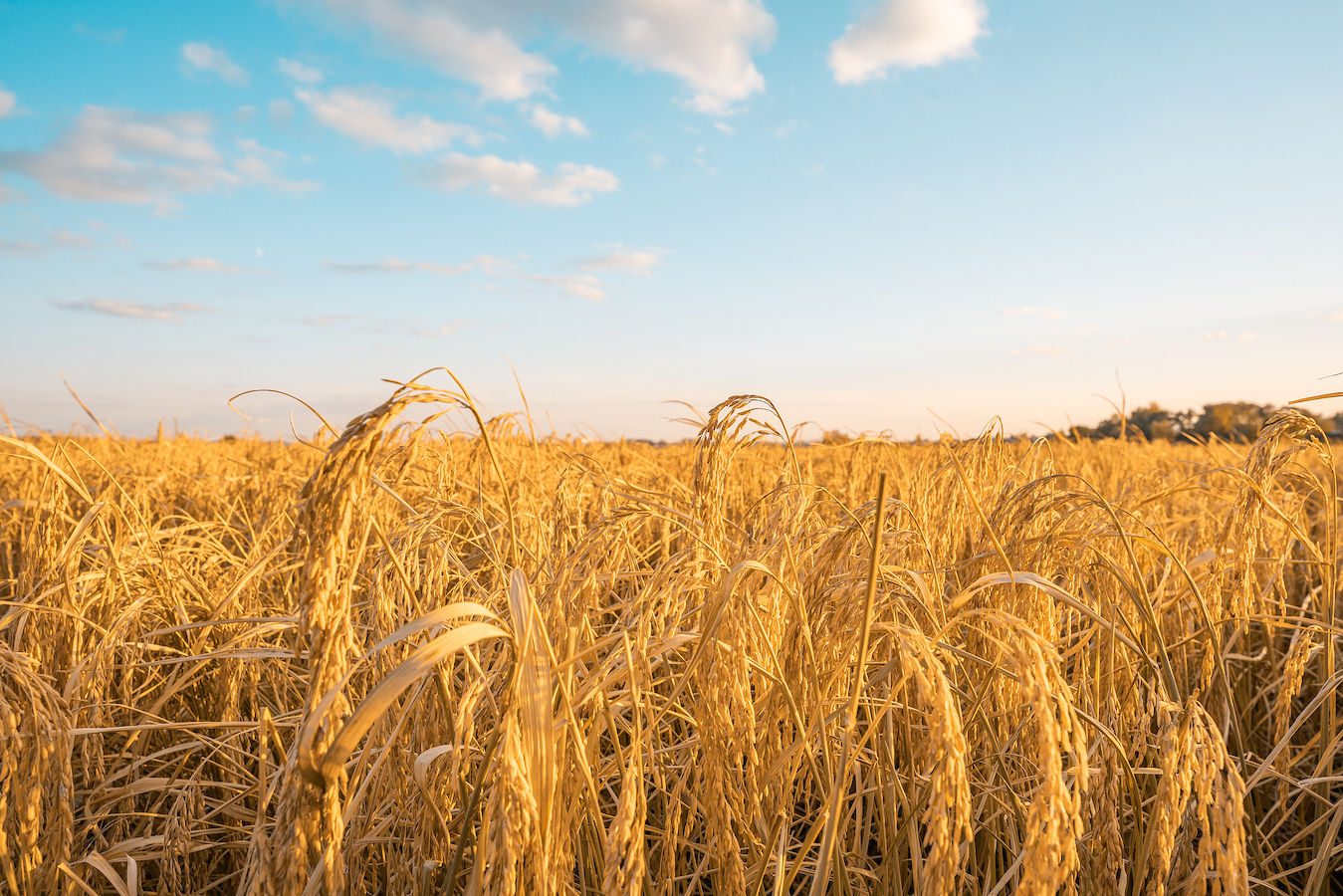Chinese scientists pioneer climate-smart crops to fight global warming
December 22, 2024
As the cultivation of crops capable of adapting to climate change is becoming increasingly important, Chinese scientists have identified, in a breakthrough study, a novel approach that markedly enhances crop productivity in the face of high-temperature adversity.
A two-degree Celsius increase in global temperatures is projected to significantly amplify average crop losses by 3 to 13 percent, highlighting the urgent need for more heat-resistant varieties to address future food security challenges.
The researchers from the Institute of Genetics and Developmental Biology under the Chinese Academy of Sciences have employed an innovative gene-editing tool to insert a heat-shock element into a tomato gene called LIN5. This modification enhances the gene’s expression under heat stress and reduces sugar deficiency in fruits at high temperatures.
Tests across different seasons and locations, including greenhouses and open fields, have revealed that the strategy boosted tomato yields by 14 to 47 percent in normal conditions and 26 to 33 percent under heat stress, preventing 56 to 100 percent of heat-induced yield losses, according to the study published recently in the journal Cell.

Rice fields in Heilongjiang Province, northeast China. /CFP
Rice fields in Heilongjiang Province, northeast China. /CFP
Furthermore, the team’s experiment on rice indicated that this genetic engineering method can boost rice production by 7 to 13 percent under normal conditions and by 25 percent under heat stress, mitigating 41 percent of the yield losses due to high temperatures.
These experiments have effectively boosted crop climate resilience and ushered in a new era of climate-smart high-yield and stable crop design, according to the researchers.
The Paris Agreement has set temperature targets limiting global warming to well below 2 degrees Celsius above the pre-industrial level, with efforts to limit it to 1.5 degrees Celsius by the end of this century.
(Cover: Tomatoes in China. /CFP)
Source(s): Xinhua News Agency
Search
RECENT PRESS RELEASES
Related Post



